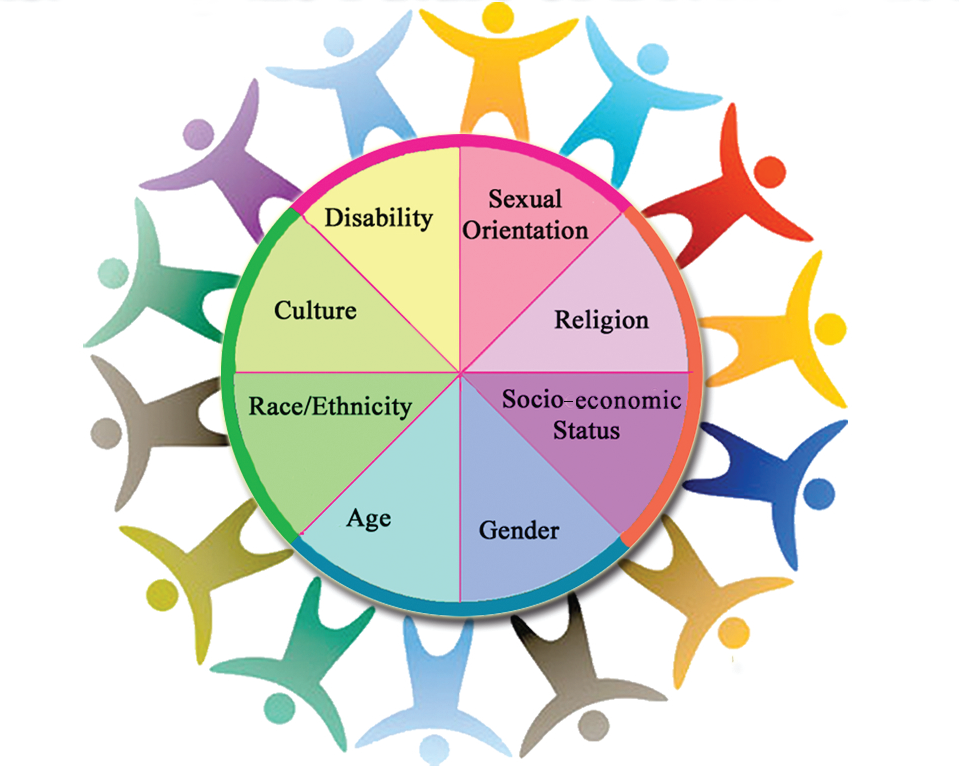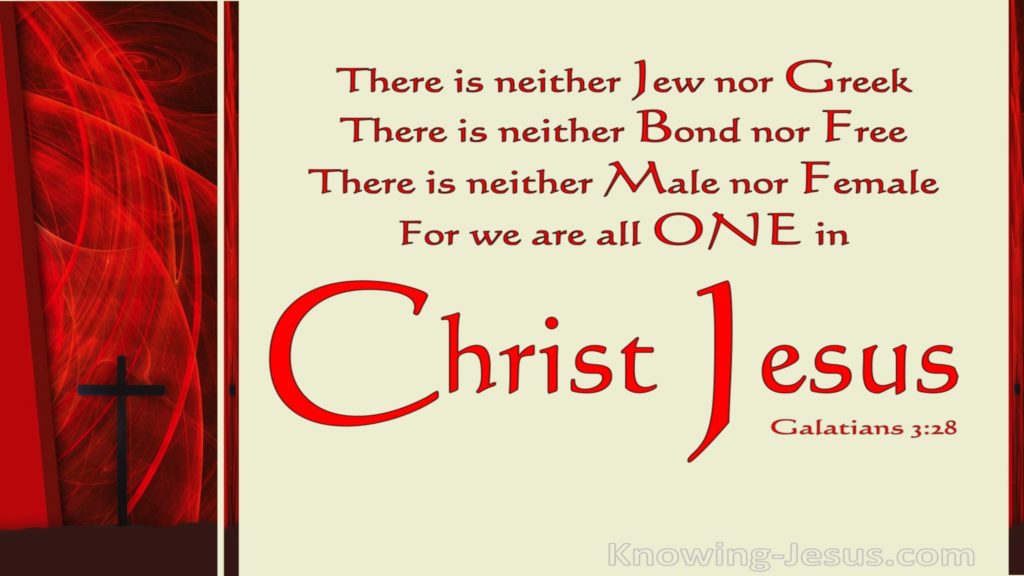Diversity is all the rage. It’s a word no one can escape nowadays, especially if you are on a university campus. We are told continually that there is strength in diversity, as if differences are inherently better than similarities. Perhaps it’s best illustrated by this graphic:

I believe in diversity, but in God’s way. Notice that the wheel above makes no distinction between natural differences and those that are the result of choices we make. My ethnicity is a matter of my parentage. I have no control over my age or gender (regardless of the trendiness for attempting to change the latter). When it comes to sexual orientation, we are now supposed to bow to the new doctrine that homosexuality is not a choice; people are born homosexual and God approves. Well, I’m not bowing. Scripture says it’s a choice—and any sexual relationship outside of marriage between one man and one woman is sinful.
It’s a shame that a good word–diversity—has been so twisted out of God’s original intent. You see, God does love diversity. Just look around at the creation, replete with innumerable types of trees, flowers, and everything else. He is a creative God who didn’t settle for just one type of each.
The same applies to humanity. Yes, we are quite a mix of ethnicities, but we all came from the same original parents. Here’s what I try to communicate to my students:

And that’s what I would like to emphasize today—our commonalities. When we concentrate on the differences too much, we do so at the risk of causing even more division among people groups. We allow bitterness over past mistreatment to come to the surface; we even sometimes make those who have been mistreated feel like they are right in being bitter and can now lash out at those they perceive as the perpetrators of the injustice.
Slavery existed in America—there must now be reparations paid for by those who never owned slaves. Some women believe that a patriarchy has held them down—abolish marriage. We, perhaps unintentionally at times, stoke the fires of revenge. By doing so, the nation becomes less of a nation and more of a battleground for competing groups with their own particular grievances.
Christianity, properly understood and lived, is the solution to all of that bitterness, grievance-mongering, and hatred. As we enter into the faith, we should come to an understanding of what the apostle Paul said in chapter three of the book of Galatians: “You are all sons of God through faith in Christ Jesus. For all of you who were baptized into Christ have clothed yourselves with Christ.” He continues,

There is no excuse for a Christian to harbor grievances against those who are different in external ways. Jesus breaks down barriers. Keep in mind that Paul isn’t saying there aren’t differences: yes, some are Jews, others are not; some in this world are enslaved, others are not; and the distinction between men and women is not erased. Yet “we are all one in Christ Jesus.”

Here’s where the right understanding of diversity comes in. “The body is a unit, though it is comprised of many parts. And although its parts are many, they all form one body. So it is with Christ. . . . For the body does not consist of one part, but of many,” Paul explains. We all have a different role to play in the Body of Christ according to the gifts God has given us.
If the foot should say, “Because I am not a hand, I do not belong to the body,” that would not make it any less a part of the body. And if the ear should say, “Because I am not an eye, I do not belong to the body,” that would not make it any less a part of the body. If the whole body were an eye, where would the sense of hearing be? If the whole body were an ear, where would the sense of smell be?
I Corinthians 12:15-17
The basic truth here is that we need one another, and it is here, in the Body of Christ, where we really do see how diversity can be our strength. When we grasp the concept of diversity through God’s eyes, and discard the world’s idea of diversity, then we can rejoice that God has made each one of us unique, ready to fulfill our part in His plan.
